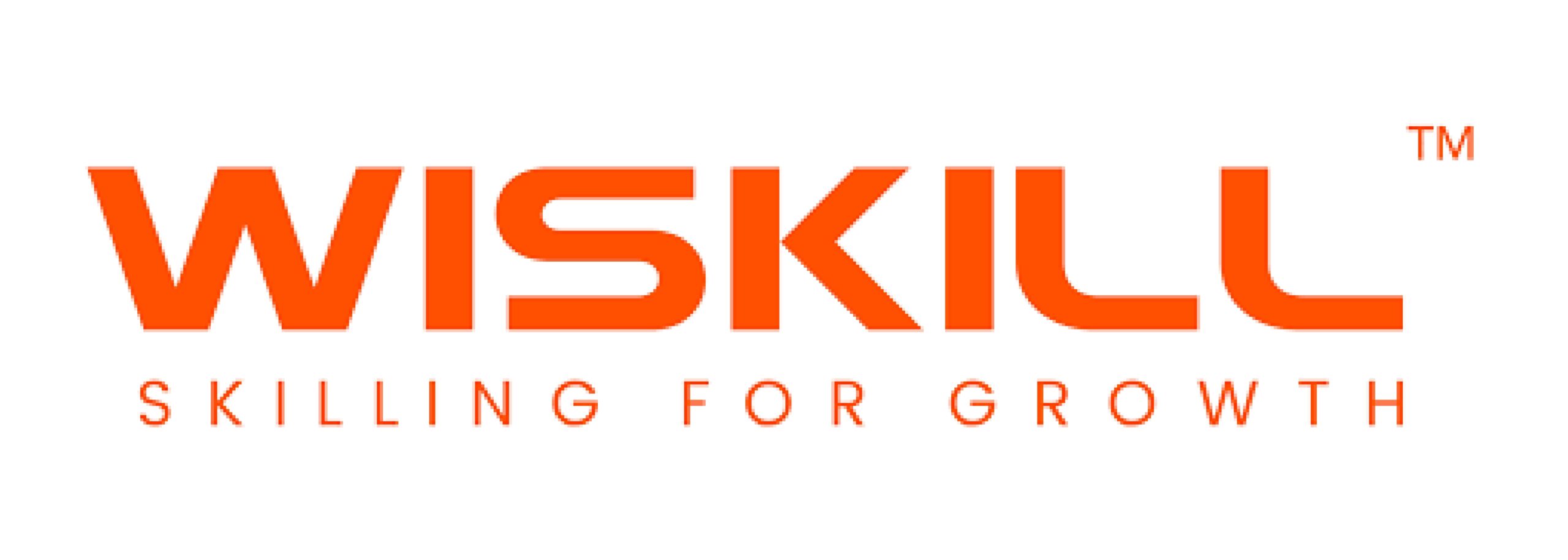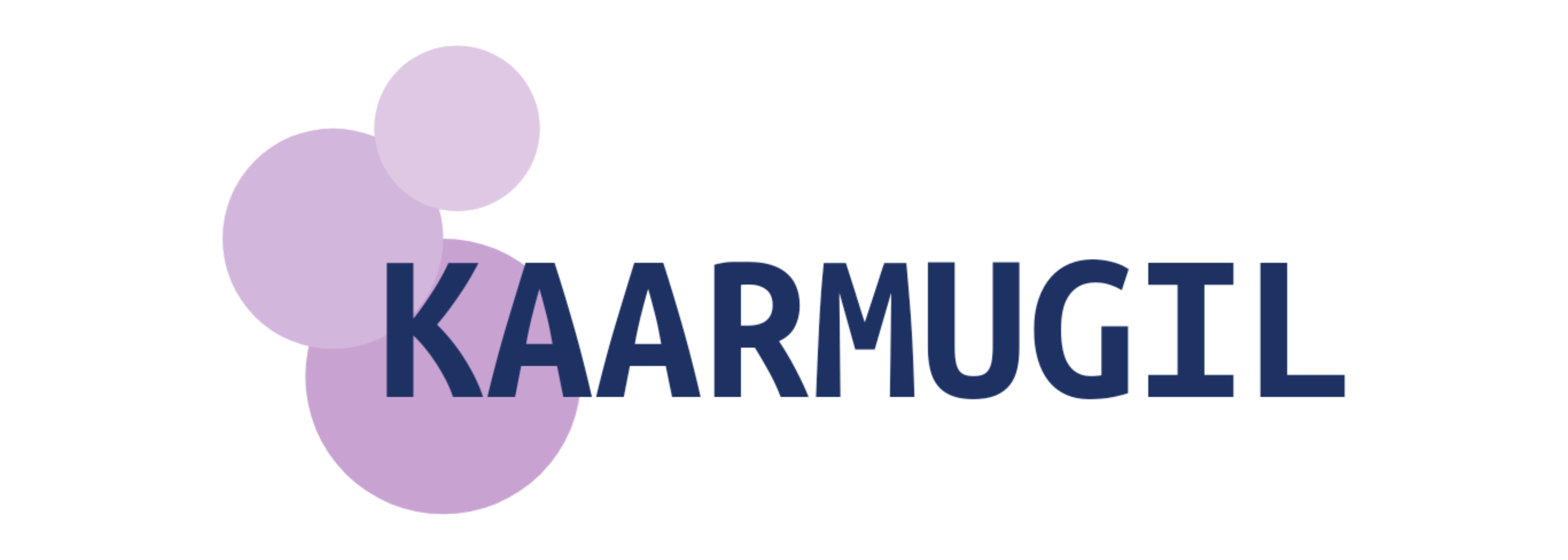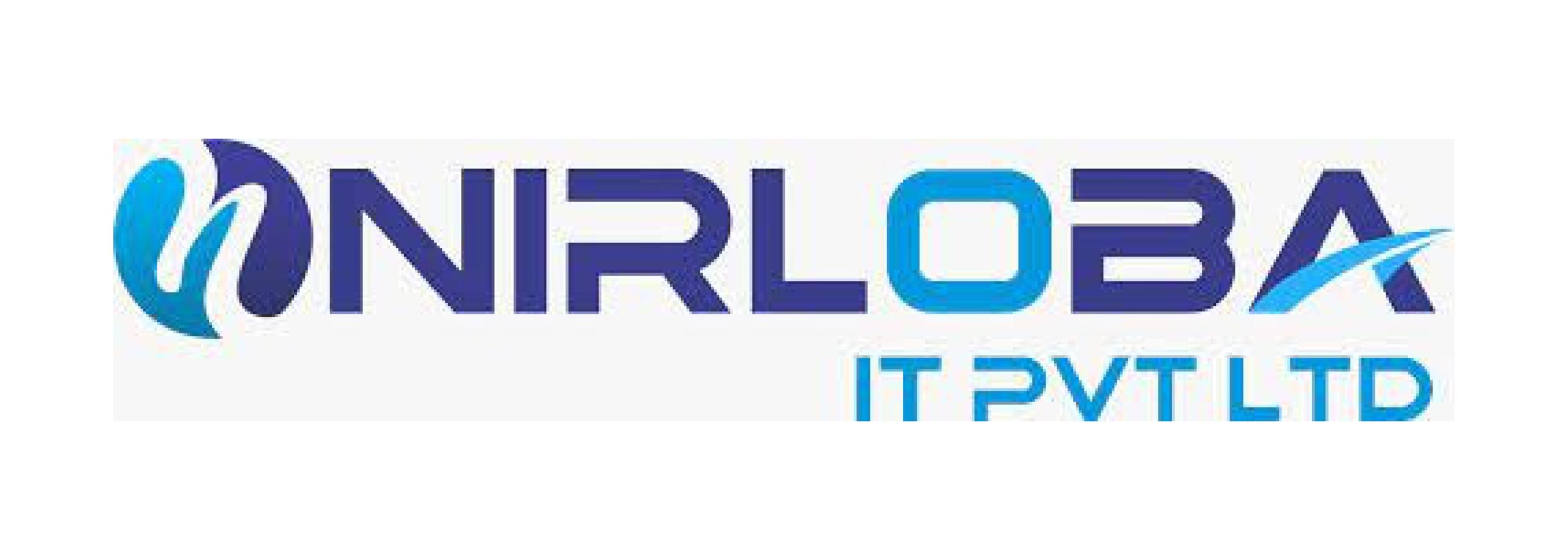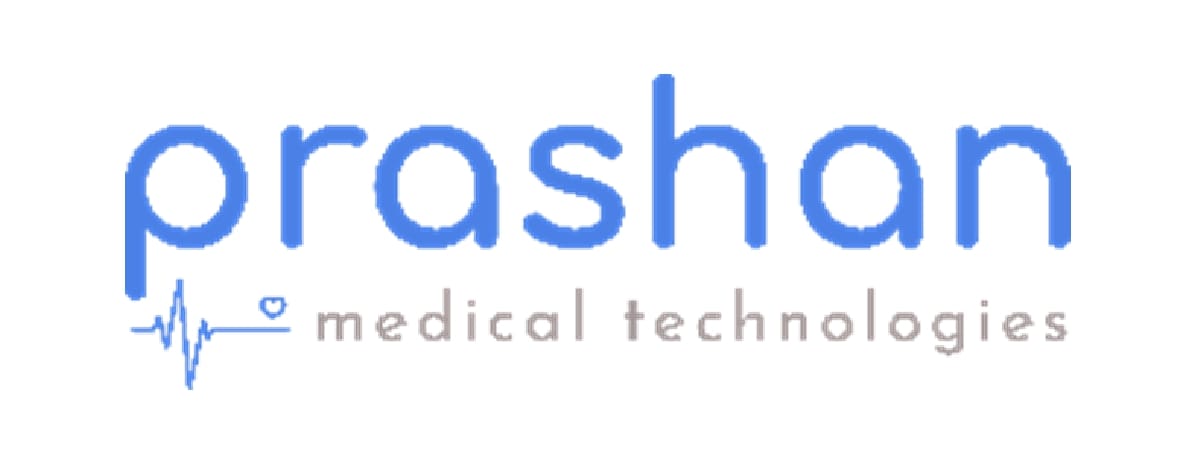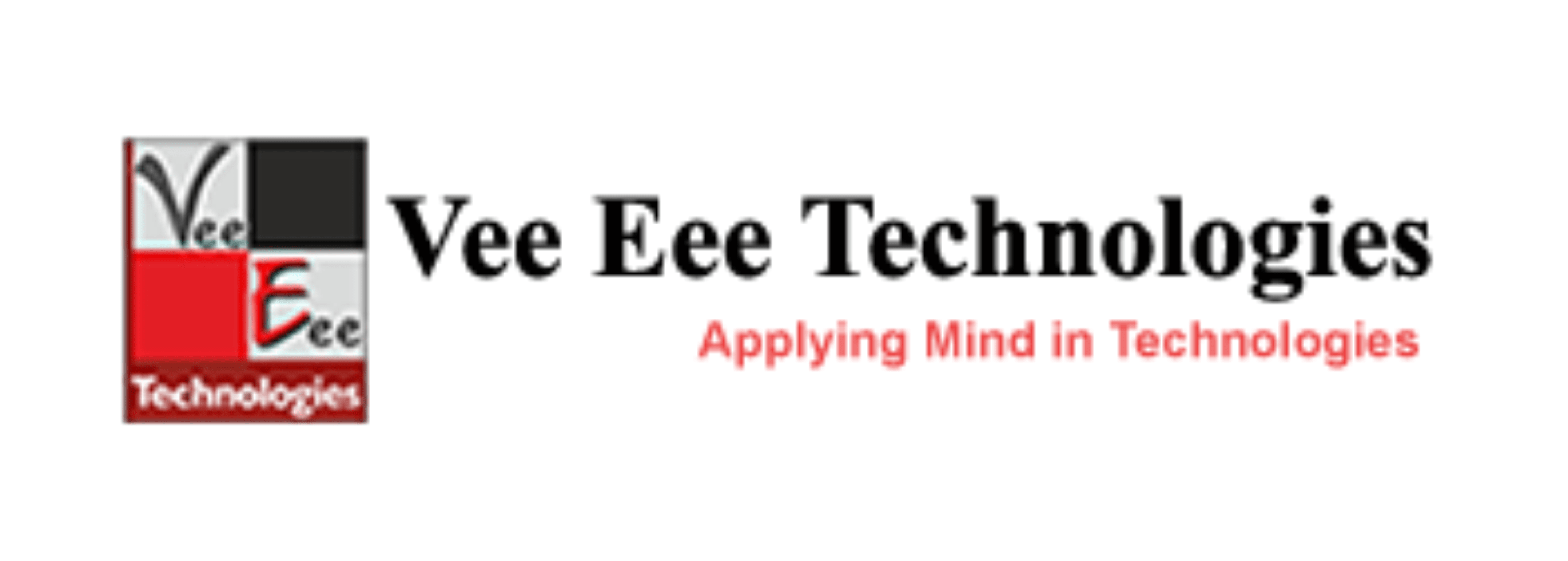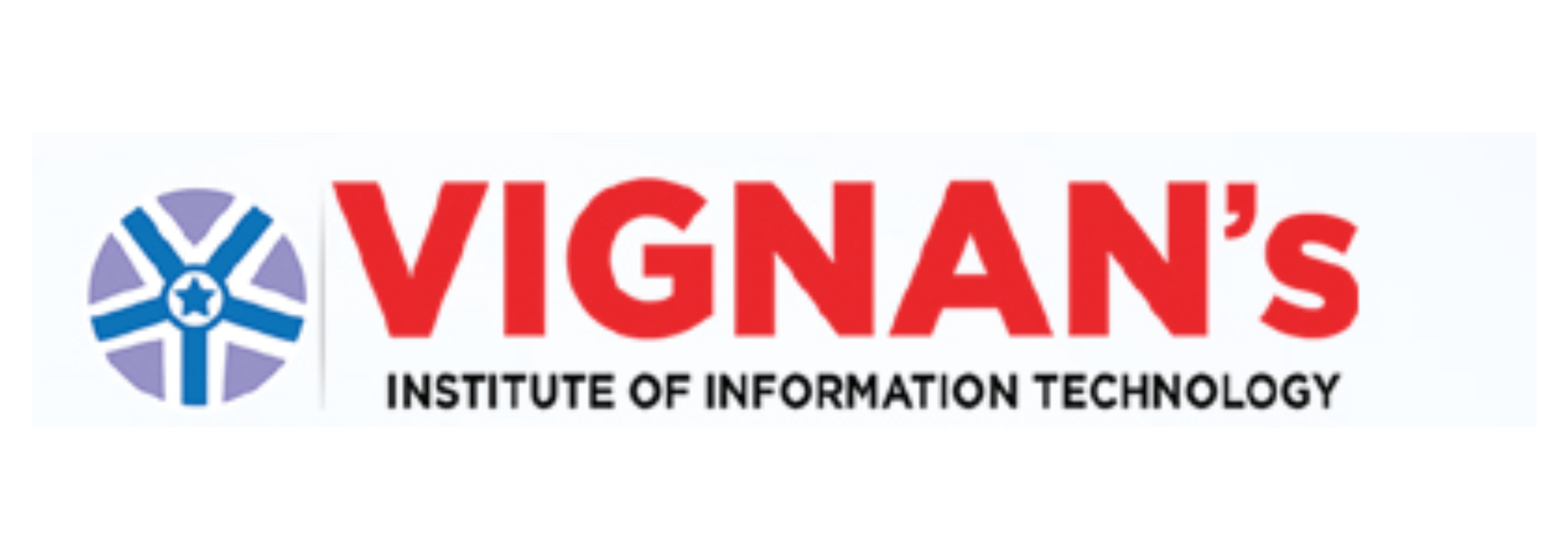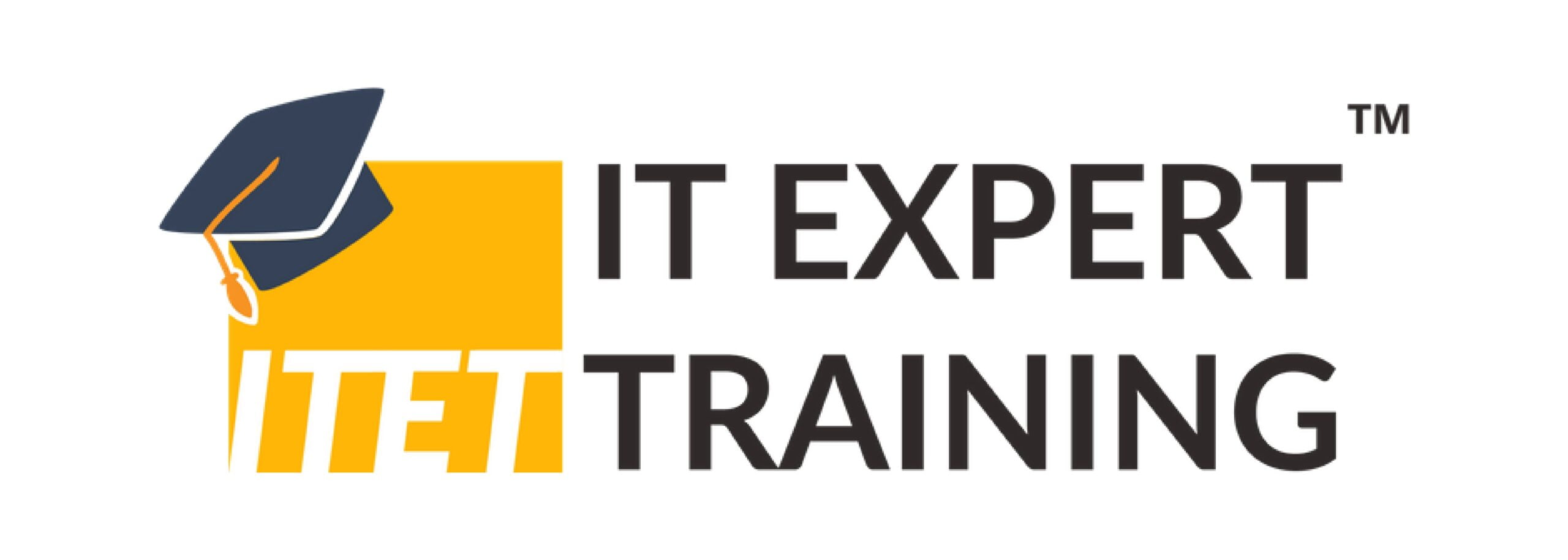 Overview
Overview
The Department of Computer Science and Engineering was established in the year 2000 and it offers a 4 Year B.E Computer Science and Engineering Programme and 2 Year M.E. Computer Science and Engineering Programme are granted permanent affiliation by Anna University. The B.E – Computer Science and Engineering programme is accredited by the National Board of Accreditation (NBA) and the department is also recognized as a Research Centre for carrying out Ph.D/M.S.(By Research) Programme by Anna University, Chennai. The department has dedicated faculty members who are well trained in various fields like Cyber Security, Artificial Intelligence, Machine Learning, Big Data and Analytics, Computer Vision, Data & Text Mining, Cloud and Soft Computing, Deep Learning etc. The department has signed MoU with VMware, UiPath, Palo Alto and Oracle for Student Training and Faculty Development Programmes, besides R & D activities. The students are guided for Technical Seminars, Paper Presentation, Aptitude Skills and Technical Quiz in Innovative Areas.
 Vision
Vision
To produce the Computer Science and Engineering graduates with the Innovative and Entrepreneur skills to face the challenges ahead.
 Mission
Mission
- M1: To impart knowledge in the state of art technologies in Computer Science and Engineering
- M2: To inculcate the analytical and logical skills in the field of Computer Science and Engineering
- M3: To prepare the graduates with Ethical values to become successful Entrepreneurs
Programmes
- B.E – Computer Science and Engineering
- M.E – Computer Science and Engineering
- Ph.D – Computer Science and Engineering







